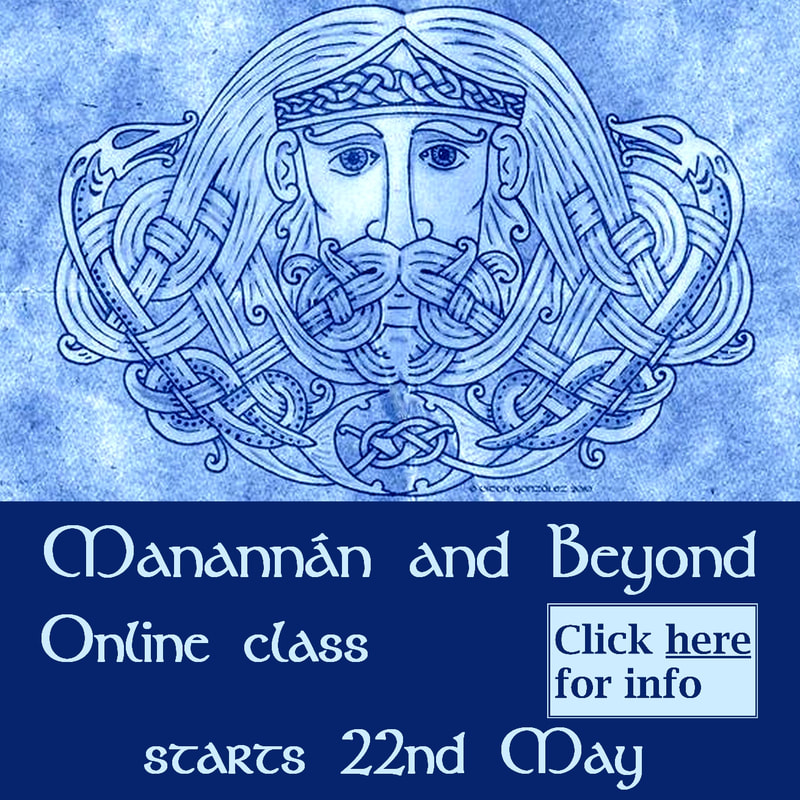Wren Day traditions: J.B. Keane's The Bodhrán Makers
| What I thought I would share for now, though, is a wonderful novel about this tradition in Ireland, called The Bodhrán Makers. The book, first published in 1986, is by John B. Keane, who wrote The Field, among others. It tells the story of a group of poor, rural folk living around the village of Dirrabeg, in the Dingle Peninsula, in the 1950s. They are trying to organise a "wren dance", which at that time had become the ultimate purpose of the Wren Day tradition of collecting money from house to house, as the money collected was used to pay for the drink, and perhaps some food, for the evening's entertainment. The novel tells the story of the many difficulties and adventures undertaken, as the wren boys of Dirrabeg scrape their money together while attempting to fly under the radar of the highly obstructive Canon Tett, who is out to foil their unholy plans by any means he can muster. The book is rich with both traditions and humour, as well as a healthy dose of realism which counters any tendency to romanticise the rural past. I'll leave you with a taster, and a bit of a dance. |
'Line up boys!' the order came from a stern-faced, middle-aged man on the outskirts of the party. Of all the wrenboys he alone had an unblackened face. Instead of the customary straw headgear he wore an unusually tall hat bedecked with sprigs of tendrils of ivy. On his hands were white gloves, immaculately clean. He wore an ancient swallowtail coat which in its heyday had been black as ebony but now bore a definite tinge of venerable green on its fringes which seemed set to impose itself all over.
On his large feet he wore hobnailed boots, one laced with red ribbon and the other with green. In his right hand he bore a stout, freshly-cut hazel staff, six feet in length and straight as a broomstick. The staff was also bedecked with ribbons, multicoloured and flowing to a length of eighteen inches. He was a tall, well-made man over six feet six inches in height and there was about him an aloofness and calm dignity which set him apart from all the others.
____________________
'Where do you think you're going!' The Canon's question stopped Father Stanley in his tracks. The curate raised the umbrella and peered through the curtain of rain. He was astonished to see the Canon standing by the wall, umbrella now lowered for confrontation.
'Answer my question. Where do you think you're going!' He relished the apparent shock written all over his curate's face and the inability to answer by one who had always been master of the trite response up until this moment.
'Come on man. answer my question,' the Canon shouted.
When Bertie answered his words came slowly and with absolute clarity. 'I'm going out,' he said, 'just for a moment to pay my respects to the wrenboys and to give them the half-crown which is their due.'
'You will turn on your heel, you impertinent buck and you will go back into that presbytery or I'll have you before the bishop for deserting your post.'

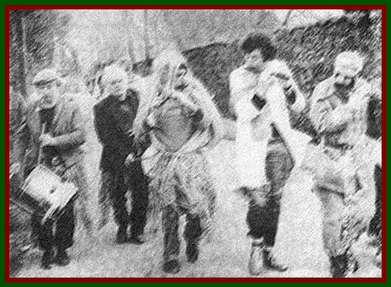
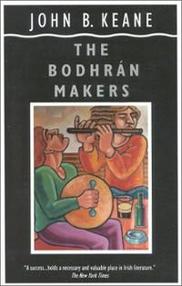
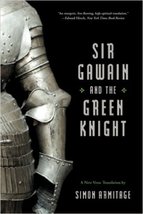
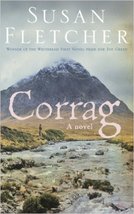
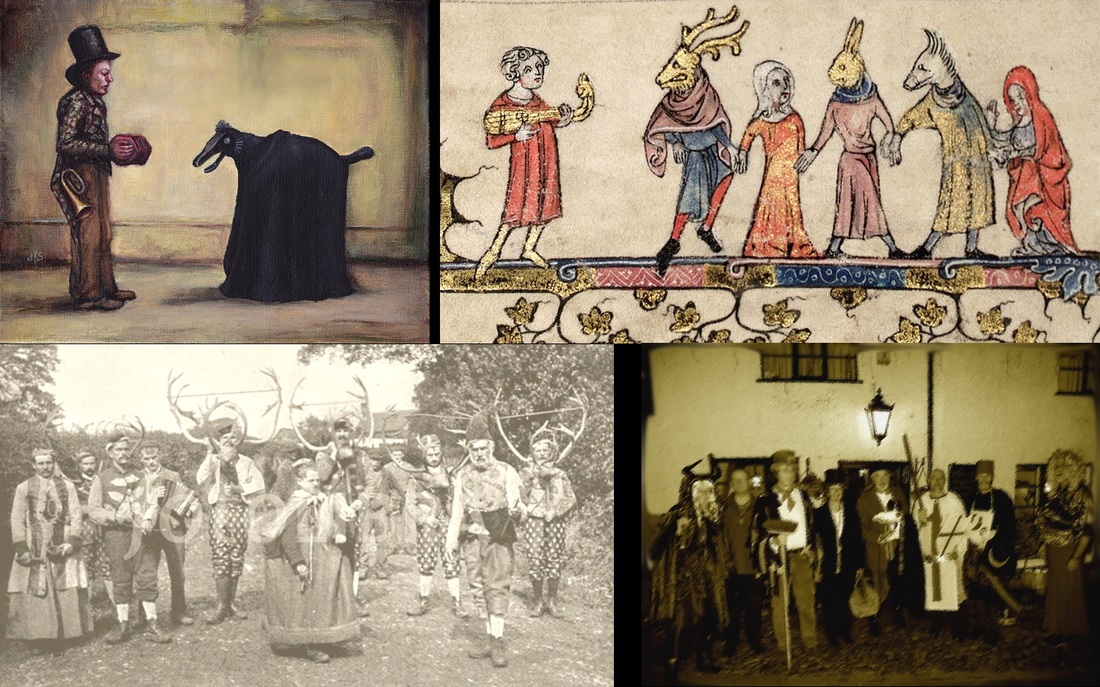
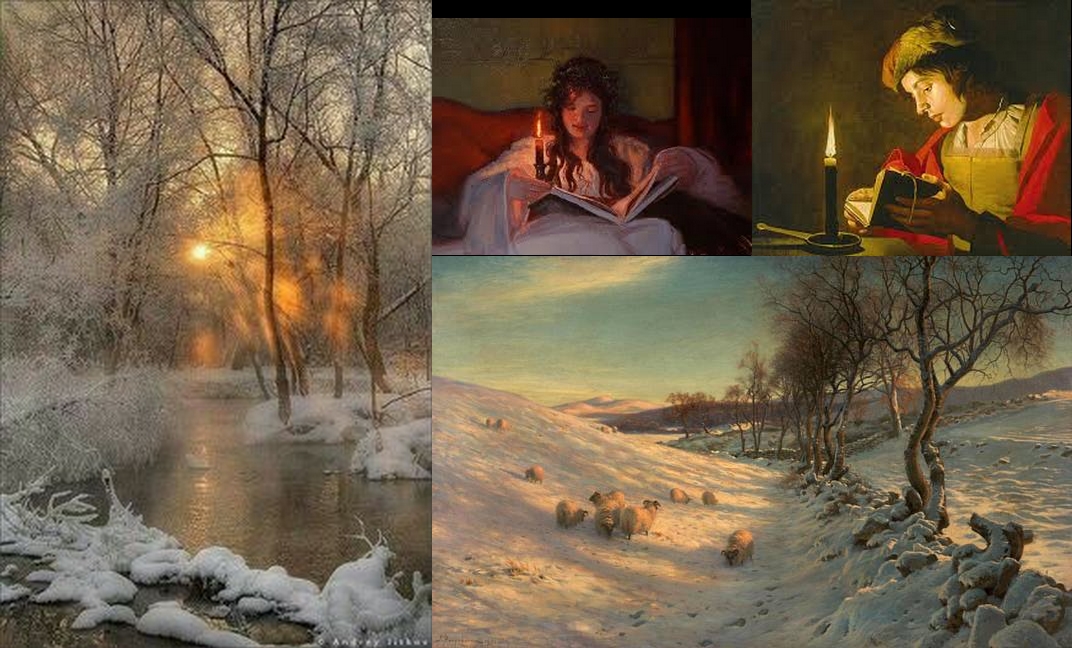
 RSS Feed
RSS Feed



